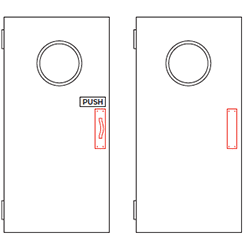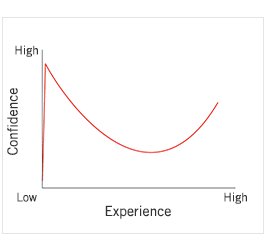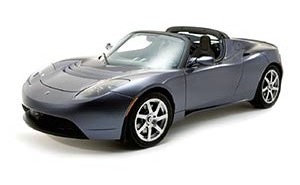Principle No. 6
Affordance
The physical characteristics of a thing influence its function and use.
- The form of a thing makes it better suited for some functions than others. For example, wheels afford rolling, and negatively afford being stationary.
- The form of a thing makes it better suited for some interactions than others. For example, buttons afford pushing, and negatively afford pulling.
- When affordances are good, things perform efficiently and are intuitive to use. When affordances are bad, things perform poorly and are hard to use.
- Design things to afford proper use, and to negatively afford improper use. When affordances are correctly applied, it will seem inconceivable that a thing can function or be used otherwise.




